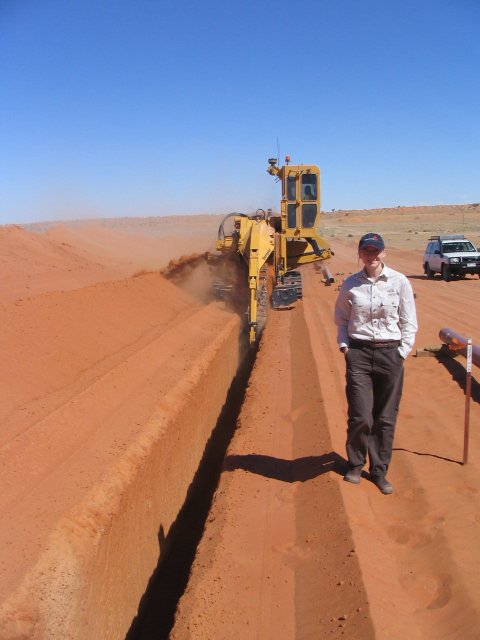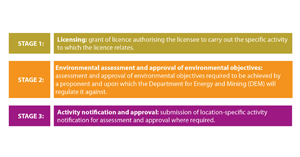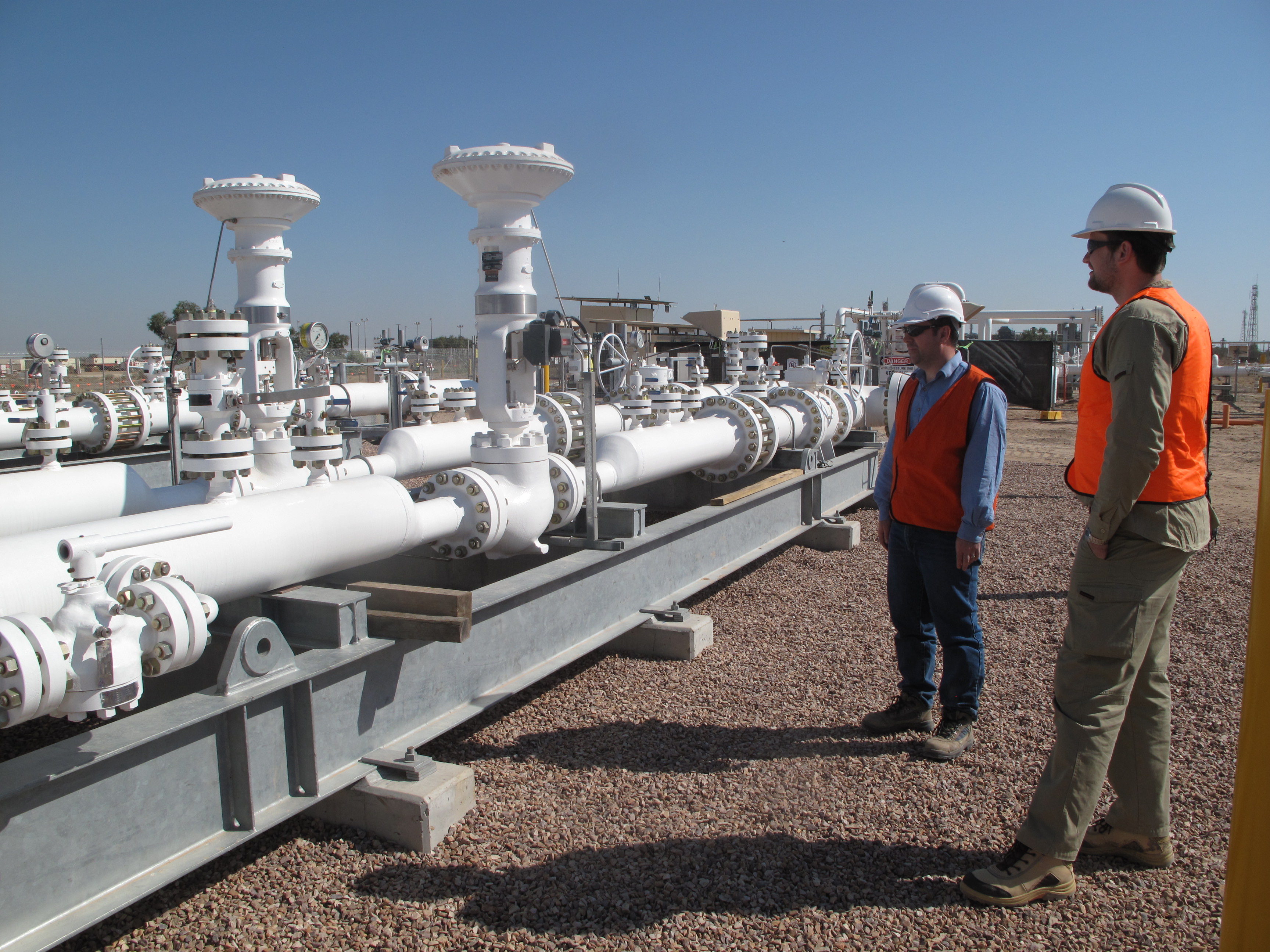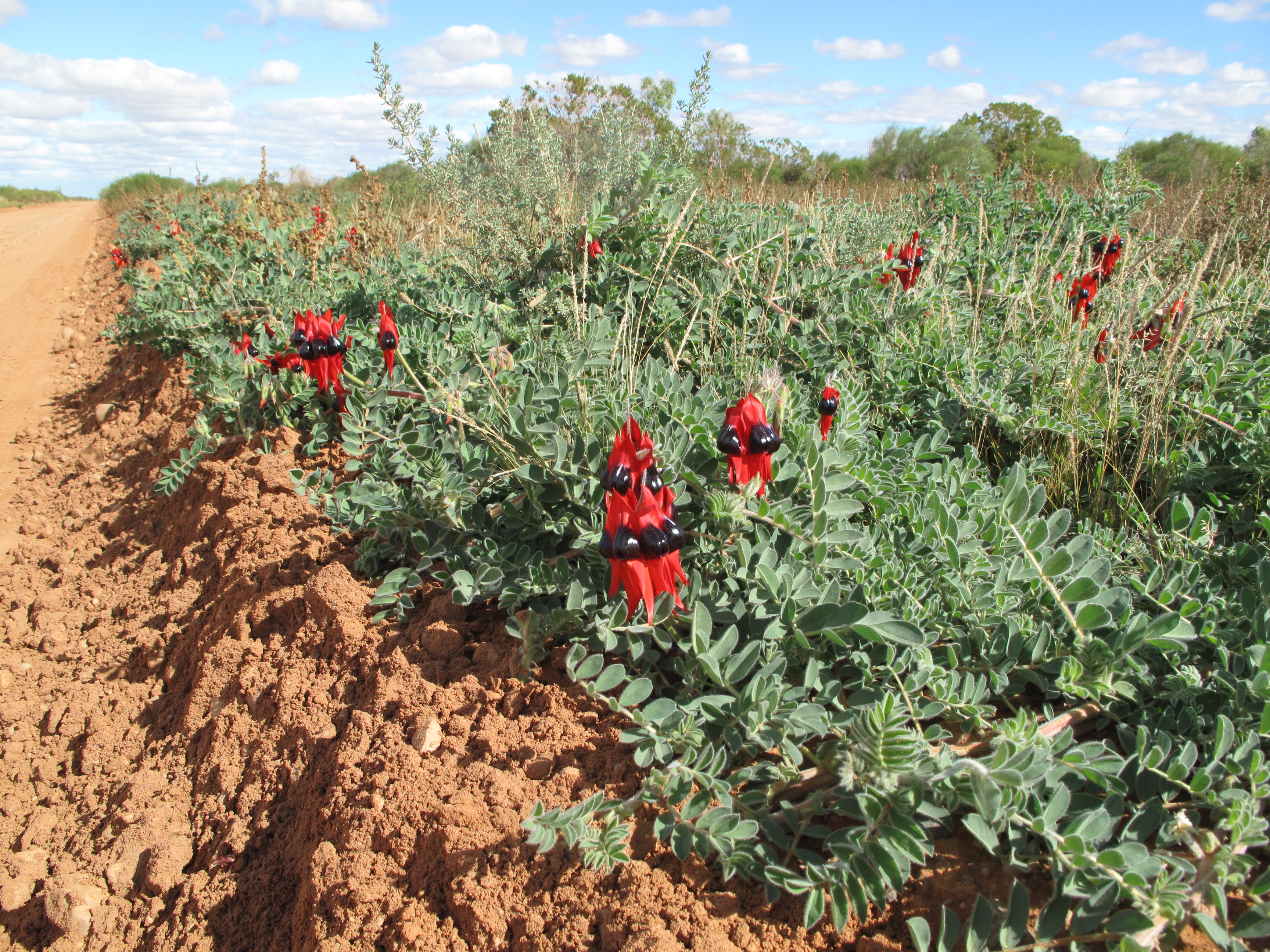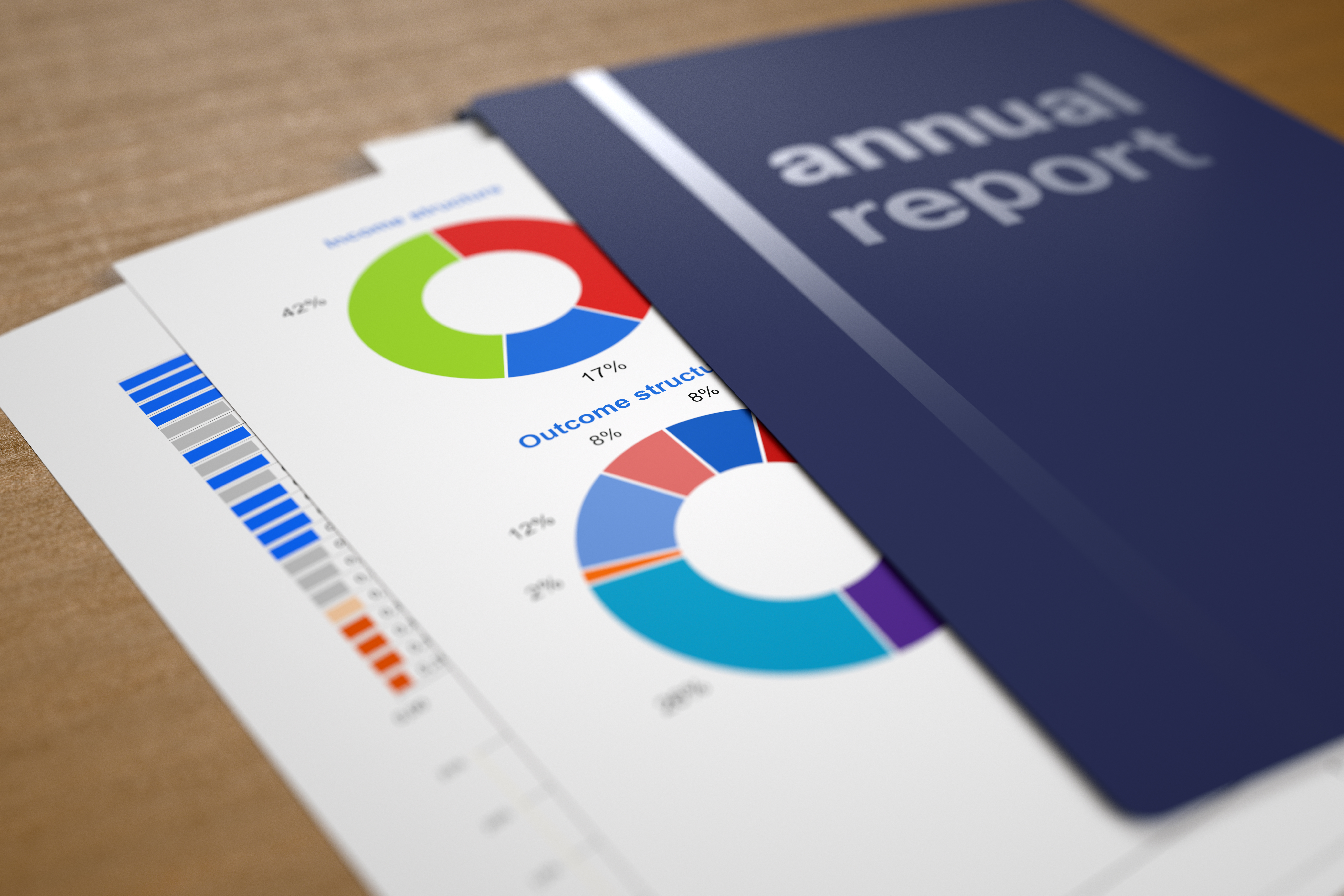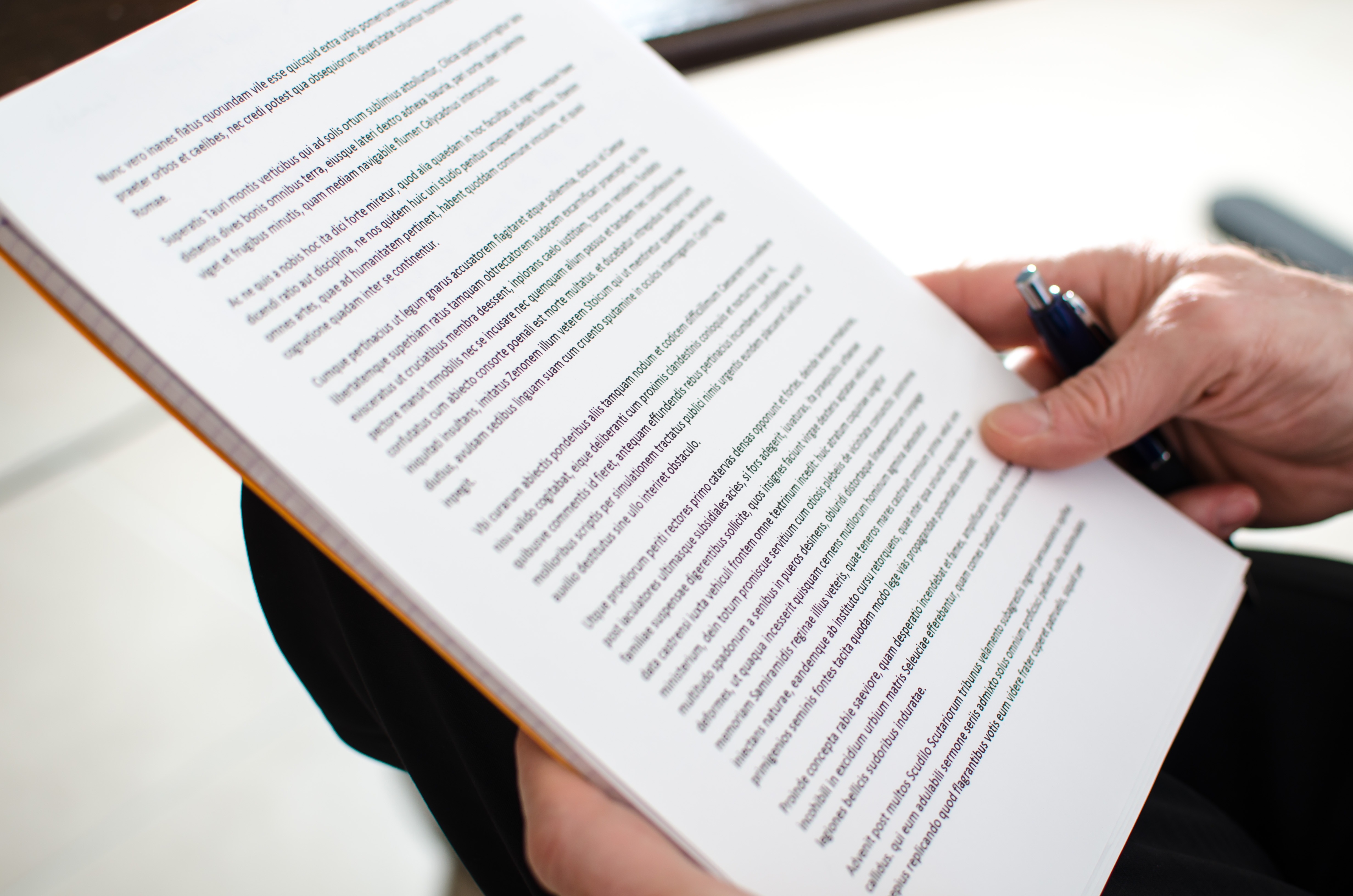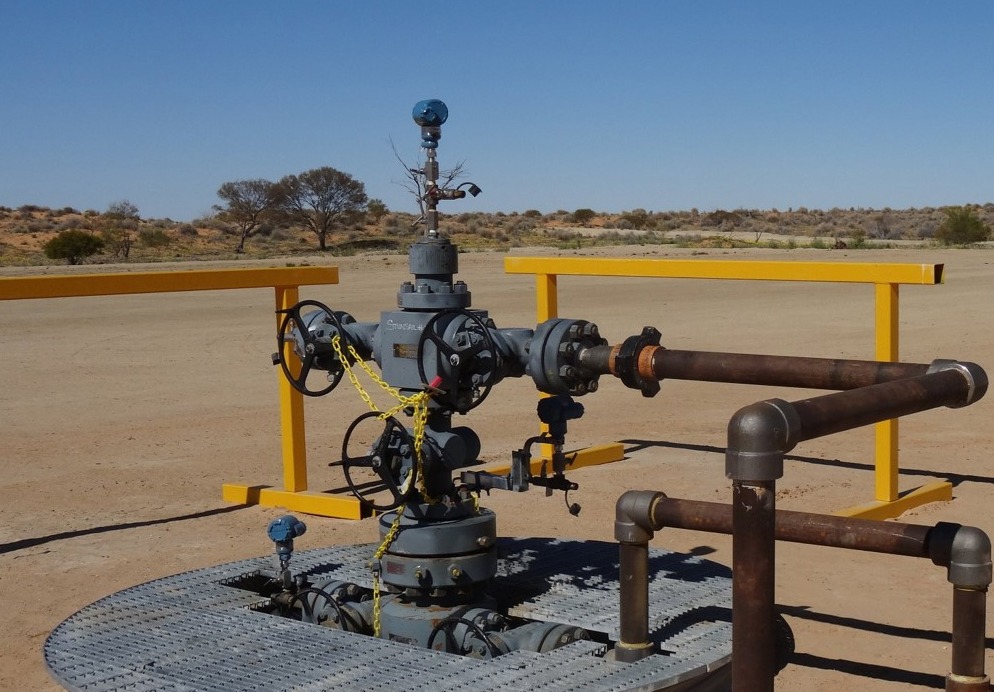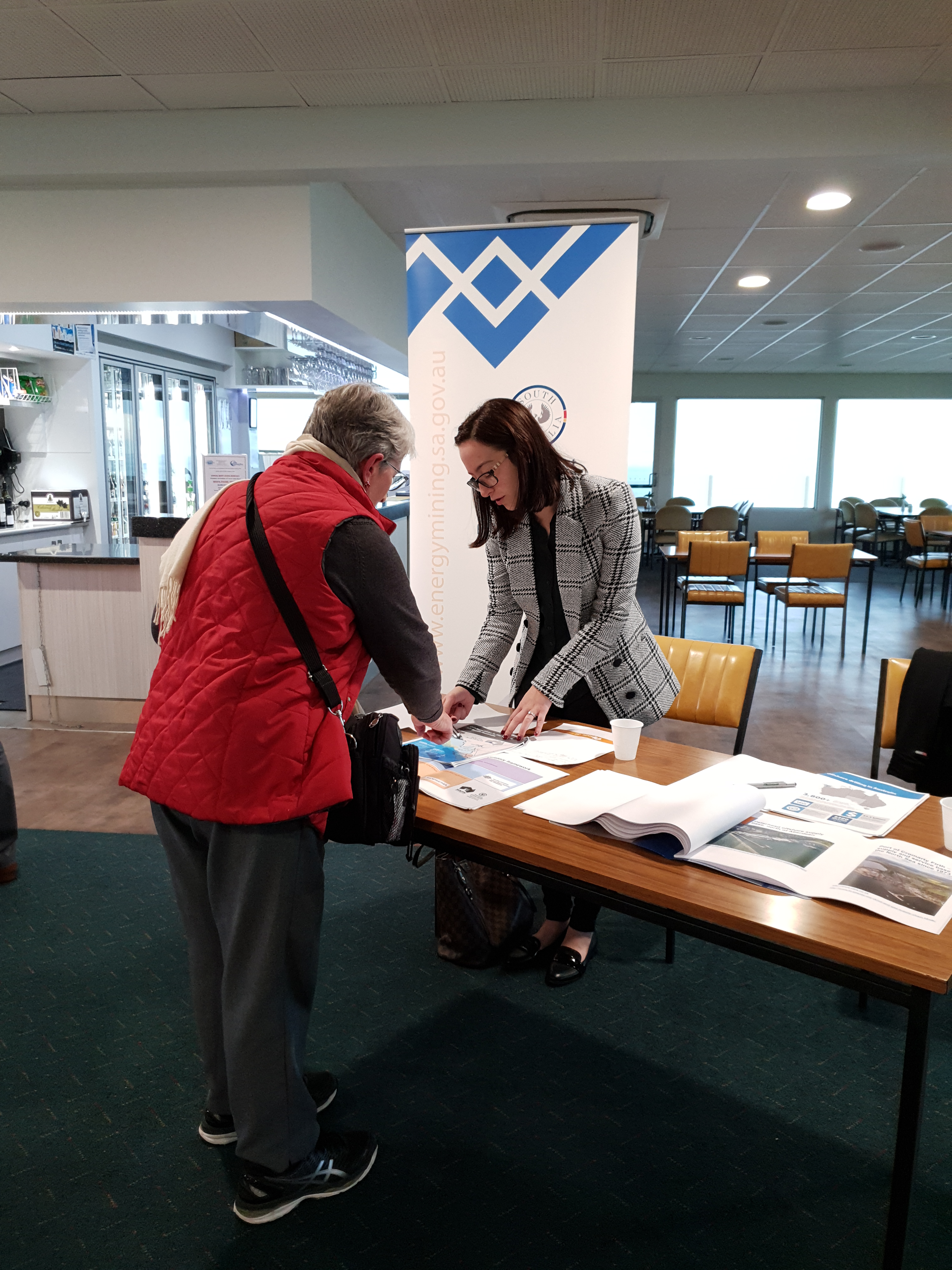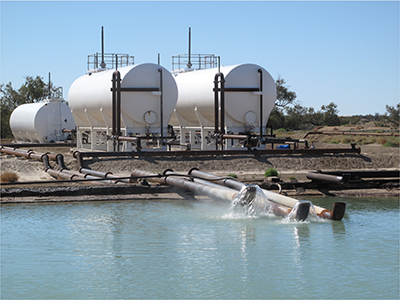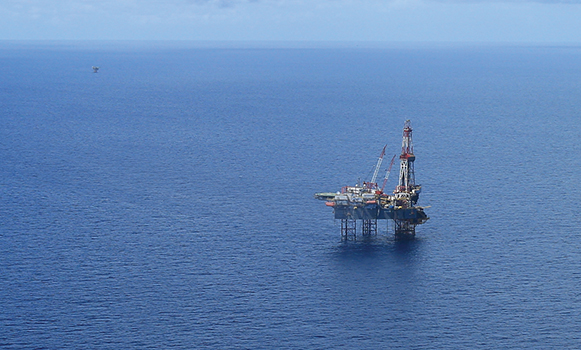Update 11 April 2024 – Legislation has been amended
Please refer to current legislation Energy Resources Act 2000 and Energy Resources Regulations 2013.
The amended legislation supersedes the Petroleum and Geothermal Act 2000 and Petroleum and Geothermal Energy Regulations 2013.
Some guidelines and policies on this website may still be under review to reflect the amended legislation so they should be read in conjunction with the updated Act and Regulations.
For further information please contact DEM.Petroleum@sa.gov.au
The regulatory framework for all petroleum and geothermal industry activities in South Australia, and key policies, guidelines and reports relating to administration of the Energy Resources Act 2000, and industry compliance.
The South Australian Government has a long-standing “one window to Government” approach, particularly within the energy and resources sectors. Under this model, the licensing agency, such as the Department for Energy and Mining (DEM), acts as the central point of coordination, while still respecting the authority of other regulators and legislation. All agency requirements are brought together through the Statement of Environmental Objectives (SEO), a project-specific document that outlines the various legislative obligations that must be satisfied. Relevant agencies are consulted in the development of the SEO, and their input is integrated, noting this document does not override any legislative requirements.
It is recognised that not all agencies involved in project approvals have deep expertise in oil and gas, which can lead to an overstatement or misinterpretation of risks. In South Australia’s one window model, the lead technical regulator plays a key role in bridging this gap. They engage directly with agencies behind the scenes to ensure conditions are appropriate and risk-informed. While the proponent is still required to obtain the relevant licences through the respective agencies, the lead agency supports the development of that licence by advising on what conditions are technically relevant. This process ensures the industry receives a single, coordinated response, improving regulatory clarity and reducing the burden of conflicting or overly conservative requirements.
The one window to government approach and use of an SEO enables a consistent, coordinated response to proponents, helping to reduce duplication and resolve potential misalignment across agencies. Its strength lies in facilitating shared government objectives and a common understanding of risk, supported by technically competent, industry-focused regulators. This behind-the-scenes coordination ensures that conditions imposed by individual agencies remain relevant and proportionate. This model has demonstrably delivered effective and efficient regulation and clarity and certainty to licensees of their regulatory obligations. This model has also been advocated in two major Productivity Commission Reports into Regulatory Burden on the Upstream Petroleum Industry 2009 and Resources Sector Regulation 2020.
In this section
Energy Resources Act 2000, Petroleum (Submerged Lands) Act 1982, key principles and administrative arrangements
The approvals process consists of three stages: licensing, environmental assessment and objectives, activity notification and approval
Enforcement of compliance, compliance annual reports, incident reporting, PSE management systems, emergency response, surveillance
The Environmental Register is available for public inspection, including SEO, EIR and EIC reports
Licensees are required to submit reports detailing activities undertaken within each licence area during the respective licence year
DEM provides policy documents and guidelines to assist companies in understanding processes and requirements to ensure compliance
Links to regulatory philosophy, key research projects and compliance publications
Major projects with approvals and consultation that may be of interest to the public
How DEM monitors water, environment and Aboriginal interests in regards to regulated activities
How petroleum exploration and development is administered and regulated in Commonwealth waters


